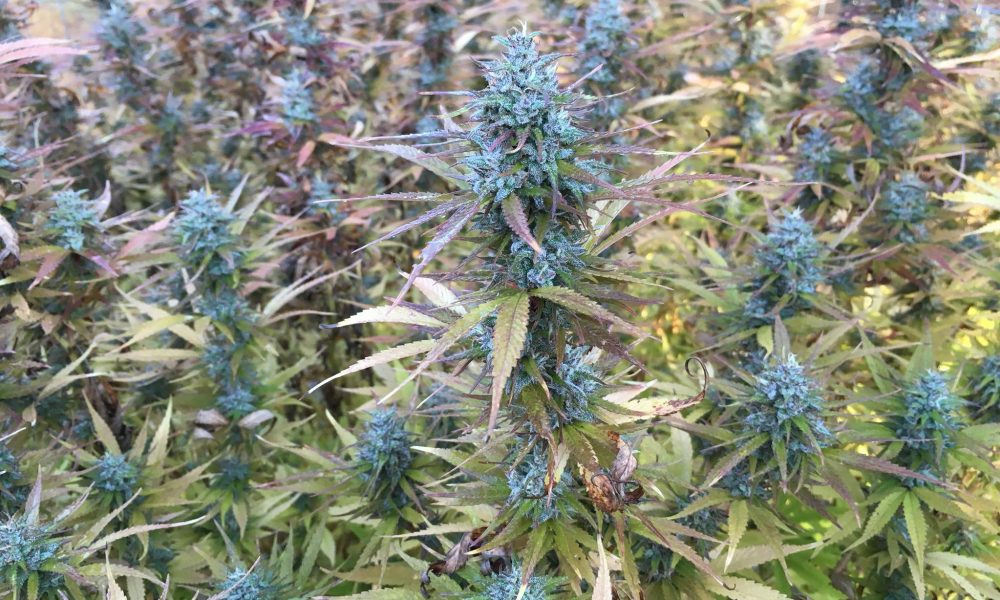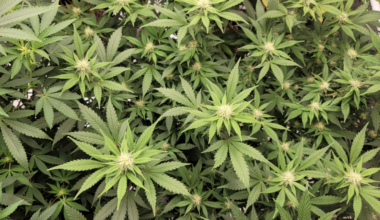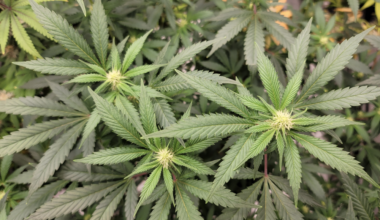“We are missing out on golden opportunities in this state to build a gateway to better roads, bridges and schools.”
By Victor Skinner | The Center Square
A bill to shift authority over medical marijuana and expand cultivation in Louisiana has gained approval from the House Committee on Health and Welfare.
Committee members voted unanimously to approve House Bill 566, sponsored by Rep. Larry Bagley (R), to shift licensure and regulation authority over the state’s medical marijuana program from the Louisiana Department of Agriculture and Forestry to the Louisiana Department of Health.
The bill passed on Wednesday would also remove the limit of two production licenses in the state, which are currently granted to the agricultural centers at Louisiana State University and Southern University.
“My bill would change the regulation of the medical marijuana industry from the ag department to LDH, and we had several meeting with LDH and the ag department to make sure that would be ok, and for the additional growers,” Bagley said.
Kevin Caldwell is the southeast legislative manager for the Marijuana Policy Project. He put Louisiana’s current medical marijuana market in perspective for committee members.
“Let’s look to see what our neighbors are doing,” he said. “In Arkansas, a state that has over 1 million less citizens than… Louisiana, they have eight growers. The state of Florida has 22 growers. Oklahoma, which has no caps, has well over 1,000 growers. Missouri has 60 growers. The state of Mississippi adopted a medical cannabis program this year and they put no caps on the number of growers in their program.”
“So if we’re looking to see how our neighbors are proceeding with medical cannabis, I think that it’s important to see the fact that we have a lot more than two growers in all of our neighboring states.”
More growers equals cheaper product, Caldwell said, with competition resulting in prices about 40 percent cheaper than in Louisiana.
Others who testified criticized the presidents of the companies currently supplying the state’s medical marijuana market for advocating against expansion. They argue the monopoly is making products unaffordable for patients.
“The people that are running it right now are just here to make money,” said Angela Broussard, a medical marijuana patient. “People who are coming off of opioid dependency are looking back to opioids right now, because that’s $3 a month. And this is ridiculous.”
Gary Chambers, a candidate for the U.S. Senate who recently smoked marijuana in a campaign ad, discussed how other states are leveraging medical marijuana for the public good, and how Louisiana’s slow rollout of its program, approved by lawmakers in 2015, is putting the state at a disadvantage.
“We are missing out on golden opportunities in this state to build a gateway to better roads, bridges and schools and this committee has the capacity to help us expand that industry,” he said.
Other medical marijuana patients testified about how the current program is resulting in supply shortages and increasing prices, which run about $400 a month for a prescription tincture to treat conditions like epilepsy, spasm disorders, cancer, Crohn’s disease and others.
Jeff Schmidtke, executive director of BioSciences Louisiana, a company pursuing a cultivation license, stressed that expanding the program will “benefit everyone.”
“More growers alleviate the pressure of stocking empty shelves and allow for more product to be dedicated to doctors, scientists, professors, students and deans of research for all hospital systems across the state,” he said.
HB 566 mirrors many aspects of HB 697, sponsored by House Speaker Pro Tempore Tanner Magee (R), that was approved by the House Health and Welfare Committee last week. Magee’s bill also expands the number of pharmacies licensed to sell prescription marijuana and would allow for home delivery.
Another marijuana bill sponsored by Rep. Joe Marino (I), HB 135, to allow the sale of medical marijuana to certain qualifying out-of-state patients also cleared the full House on Wednesday with a vote of 72-22.
This story was first published by The Center Square.
Photo courtesy of Nicholas C. Morton.
Medical Disclaimer:
The information provided in these blog posts is intended for general informational and educational purposes only. It is not a substitute for professional medical advice, diagnosis, or treatment. Always seek the advice of your physician or other qualified healthcare provider with any questions you may have regarding a medical condition. The use of any information provided in these blog posts is solely at your own risk. The authors and the website do not recommend or endorse any specific products, treatments, or procedures mentioned. Reliance on any information in these blog posts is solely at your own discretion.






